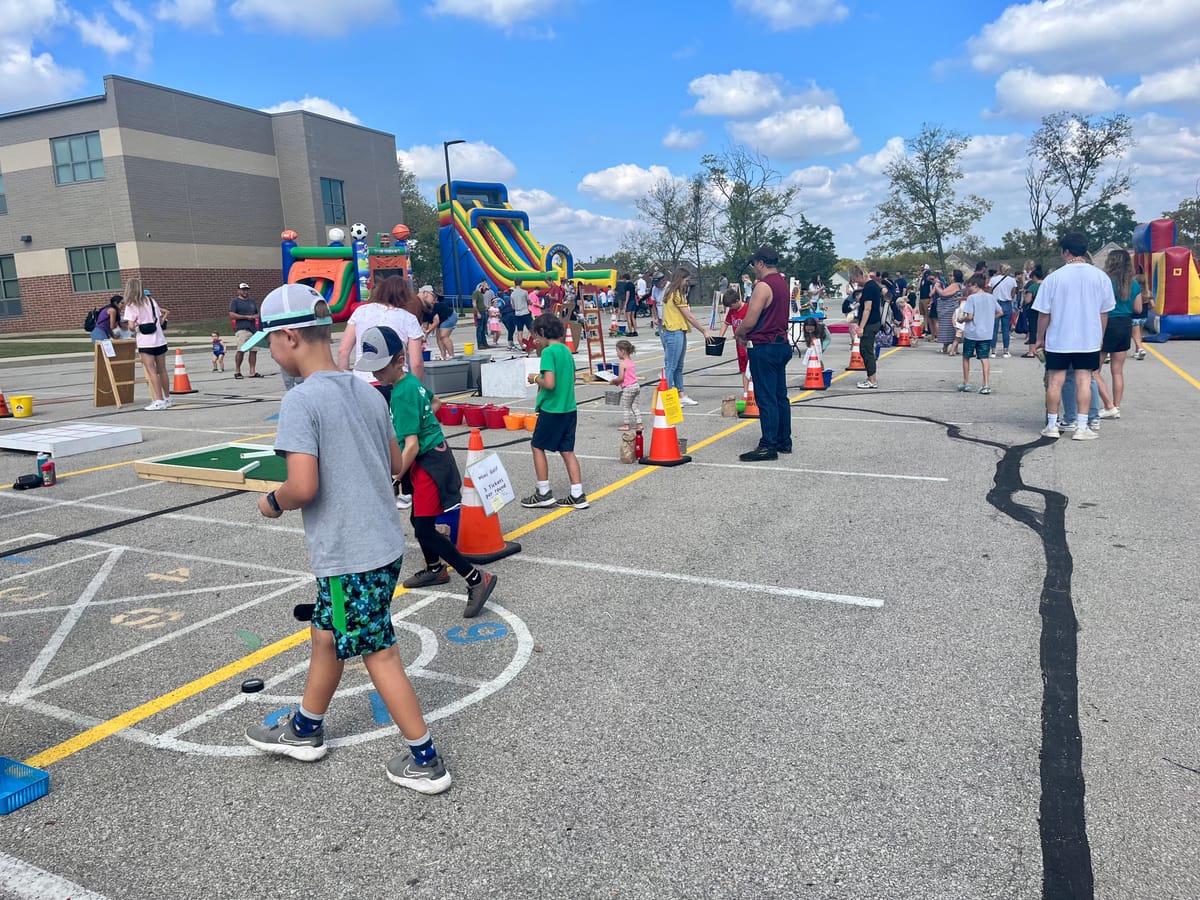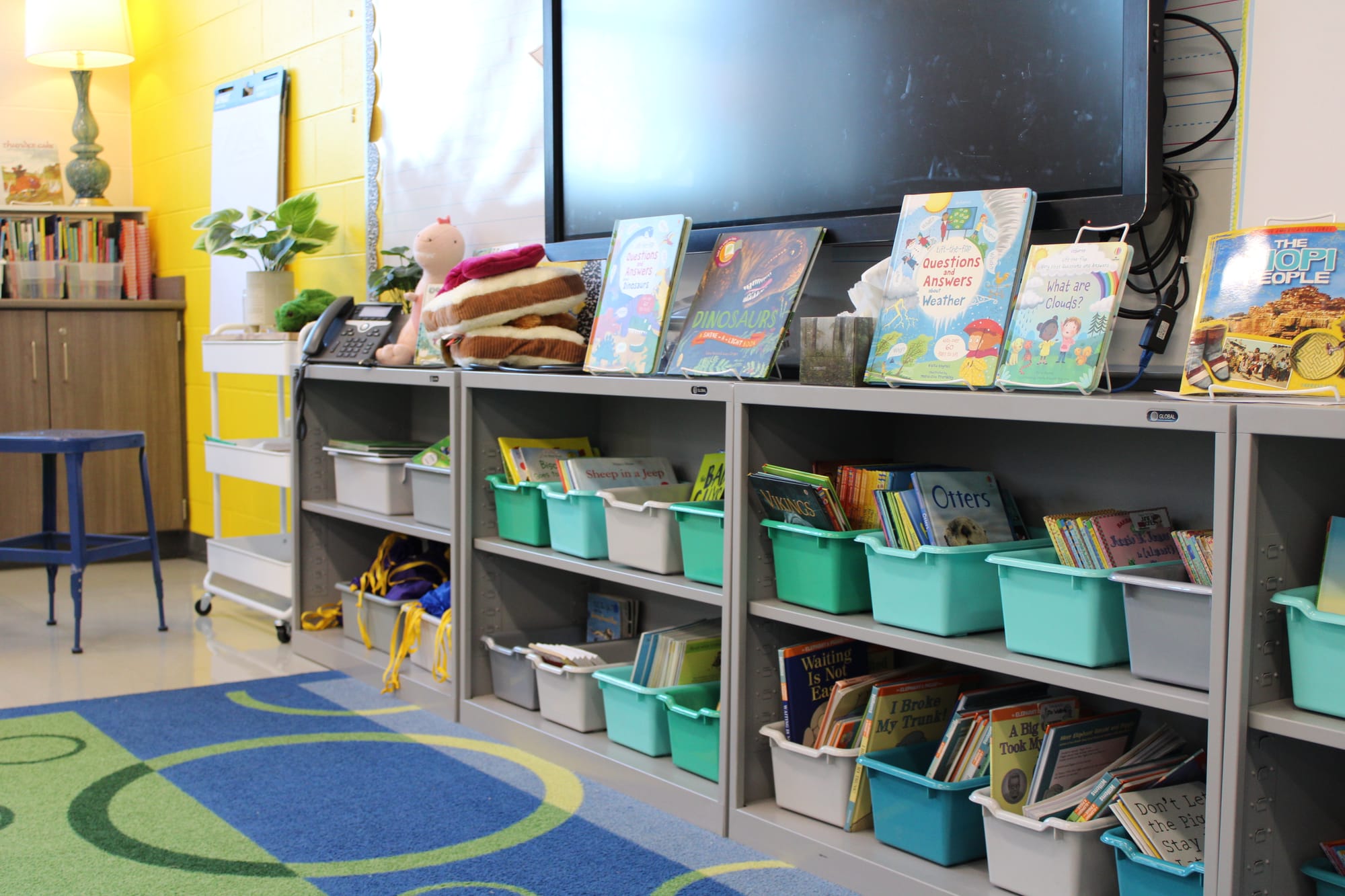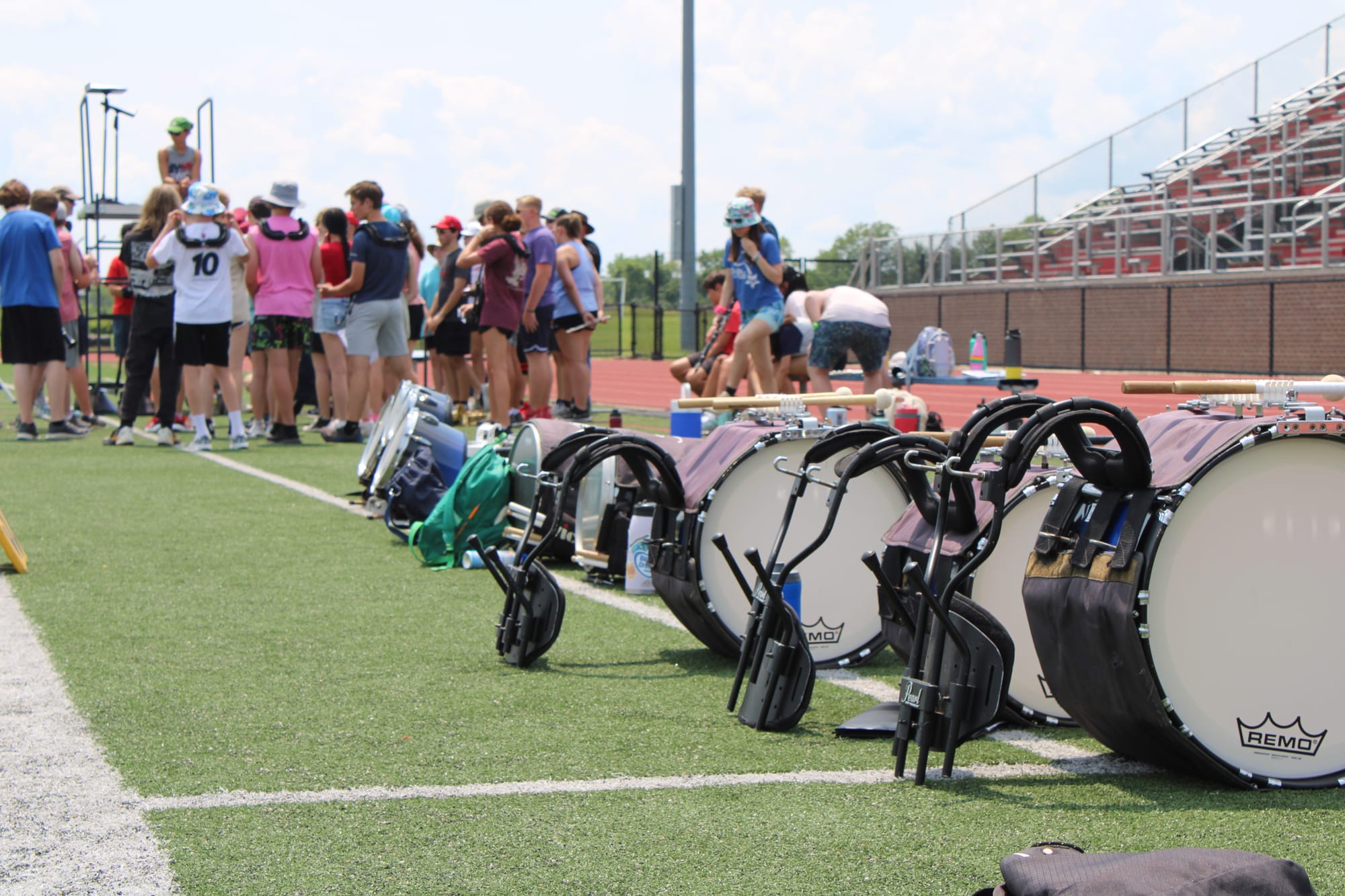Funding education: Teacher money and parent time impact schools
Public school districts rely on millions of dollars in taxpayer funding to operate. Those budgets are subsidized by parents and teachers who donate of their time and money.

Ohio’s newest state legislators were sworn in earlier this month, and one of the first considerations state lawmakers will make is how to structure the next two-year budget.
In 2023, the state spent nearly $10 billion on public education, but some of that money could end up in doubt as lawmakers consider the budget this year. Ohio House Speaker Matt Huffman wants to slash $650 million in public education funding according to reporting from News 5 Cleveland.
In the Talawanda School District, 24% of funding comes from the state, while the remaining revenue is generated by property taxes, interest and a local income tax passed in 2004. State financial pressures could reshape the district’s finances in the coming years at a time when uncompensated volunteers are already essential to the school environment at Talawanda.
This story is the first in a series on school finances and the Talawanda School District.
Teachers pay to build positive environments

When you walk into Jamie Corbin’s second grade classroom in Kramer Elementary, you’re greeted by a color palette of cool blues and grays. Those colors come from the dozens of storage bins she has throughout the room, storing everything from books to chess sets — and she paid for them with her own money.
Corbin and other teachers get classroom supply budgets from the district, and the parent teacher group (PTG) at Kramer also contributes $100 per classroom. The vast majority of teachers nationally dig into their own finances to create the environments they want for their students, though. For Corbin, that’s meant buying the bins, stools and even some of the books she has available for her kids.
“Everything that I have bought with my own money has been supplementary and not required or necessary to do my job,” Corbin said. “But because I spend so much time here and I want to have things to make my job easier, I find it worth the investment.”
The National Educators Association reported in 2023 the average teacher spends between $500 and $750 of their own money on classroom supplies each year. At the same time, the cost of school supplies increased by almost 24% between 2021 and 2023.
For Talawanda teachers, that comes out of an average salary of $73,500, about $5,000 above the state average. Talawanda teachers tend to have more experience — nearly 70% have 10+ years in education, compared to the average of 63%.
Corbin also turned to grant funding to get 13 chess sets for her students. In its fall 2024 grant cycle, the Oxford Community Foundation awarded $5,300 to several initiatives within the school district, from a literacy lab at the middle school to field trip funds and $1,000 for an English language learners family night.
Talawanda’s school environment is built by more than just monetary and supply donations — it also takes countless volunteer hours from parents.
Parents make a difference inside the classroom
As district finances have changed over the past several years, first with a failed levy in 2022 and then with budget cuts, followed by budget increases when property tax revenue surged last year, the impact has trickled down to classrooms. Corbin said she lost planning time in the 2023-24 school year when busing was cut for students who lived within two miles of the building because teachers had to help make sure kids stayed safe in the parking lot each afternoon. Kramer also lost its counselor due to the financial strain.
“We definitely felt that. Our students felt that,” Corbin said. “Everybody in this building is doing their job plus some, so I think that can wear and tear on teachers, but when we have parents coming in and helping, that is significant.”
Volunteers in the school district help with both extracurricular activities and classroom enrichment. In the elementary schools, parents will take kids from classes for one-on-one reading time, which Corbin said can be especially helpful for younger students. Not only does it break up their daily structure, but it also reinforces skills in a way that teachers may not be able to with 20 or more students per class.
“When kids have more time with adults working one on one, that does help them become more fluent,” Corbin said. “At the early grade levels, it really comes down to miles on the page and getting a lot of repetition and practice.”
Jess Hallberg is a parent of two current students and president of the Kramer Elementary Parent Teacher Group (PTG). She’s gone into classrooms to read with students herself, and now as PTG president she’s been impressed with all of the parents who give of their time each month.
“Teachers are continuously asked to do more with less … so you have to find ways to step in, and we have a great community of support for that,” Hallberg said.
The PTG does multiple fundraisers throughout the year, too, particularly to purchase school supplies for students and classrooms. The Kramer Carnival is especially important to the elementary school and brings together dozens of volunteers each year.
While local and state conversations around school funding may suggest cuts in the future, Hallberg said, that’s not what she focuses her energy on. “What we tangibly as a group can do to make it easier on [teachers], that’s what I focus on,” she said.
Volunteer efforts extend beyond classroom learning

Robbyn Abbitt’s route to becoming the president of the Talawanda Band Boosters goes back a long way. She started helping out at Talawanda when her oldest daughter, now a sophomore in college, began at elementary school, volunteering to lead activities in the classroom whenever she could.
When Abbitt’s daughter got to high school, she joined the swim team, and every parent is a volunteer there, she said.
“You’re timers at meets, you help with ticket sales, you sit at a door, you check in athletes,” Abbitt said. “At every meet, there’s always an opportunity to volunteer as a parent.”
When Abbitt’s youngest daughter, now a junior, got to high school, she got involved in a number of activities including swim, track, cross country and marching band. The Band Boosters are busiest in the summer and fall as marching band is in season, Abbitt said, but they help the entire band program throughout the year.
At any given football game or marching competition, Abbitt estimated that at least 20 parents help out. Parents fit kids for uniforms, organize fundraisers, coordinate snacks and drinks, buy instruments for the band program, make sure supplies and equipment get where they need to be and more.
Abbitt has volunteered with athletic teams, as well, and noticed a similar level of commitment from parents, directors and coaching staff. “Everybody has the same goal, which is for our kids to have a phenomenal experience,” she said. “... Across the sports and even band boosters, there is a way for everybody to participate and volunteer.”
All three elementary schools at Talawanda have PTGs that interested parents can join to support, and more information is on the district website at www.talawanda.org. On Feb. 15, the Talawanda Athletic Boosters will host their Booster Bash, a winter event to raise money for high school teams. The event will be held at Left Field Tavern from 7 p.m. to 12 a.m. and is open to adults 21 and over. Tickets cost $25 in advance or $30 at the door.



